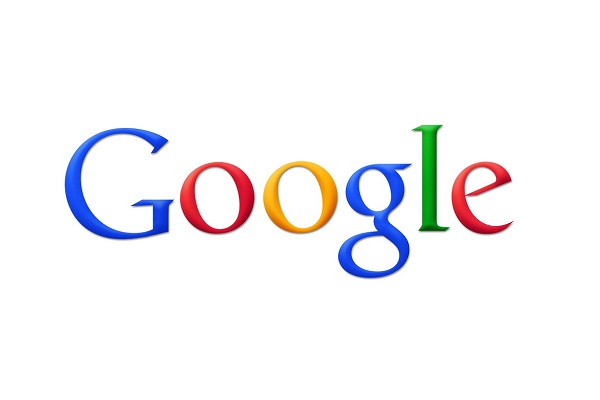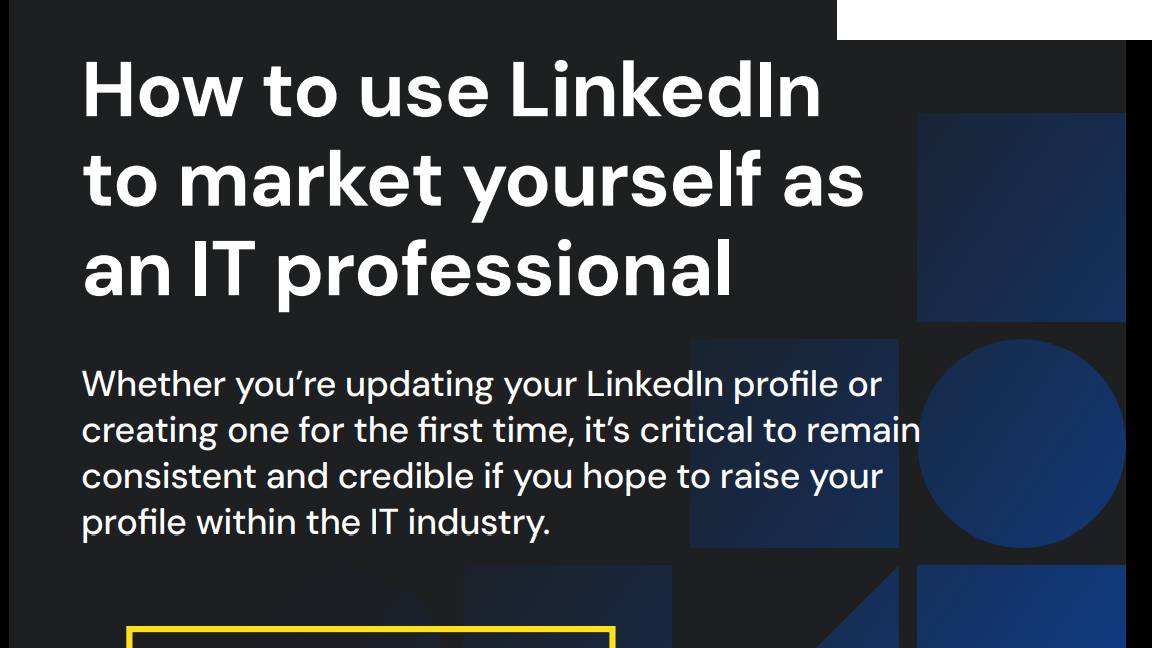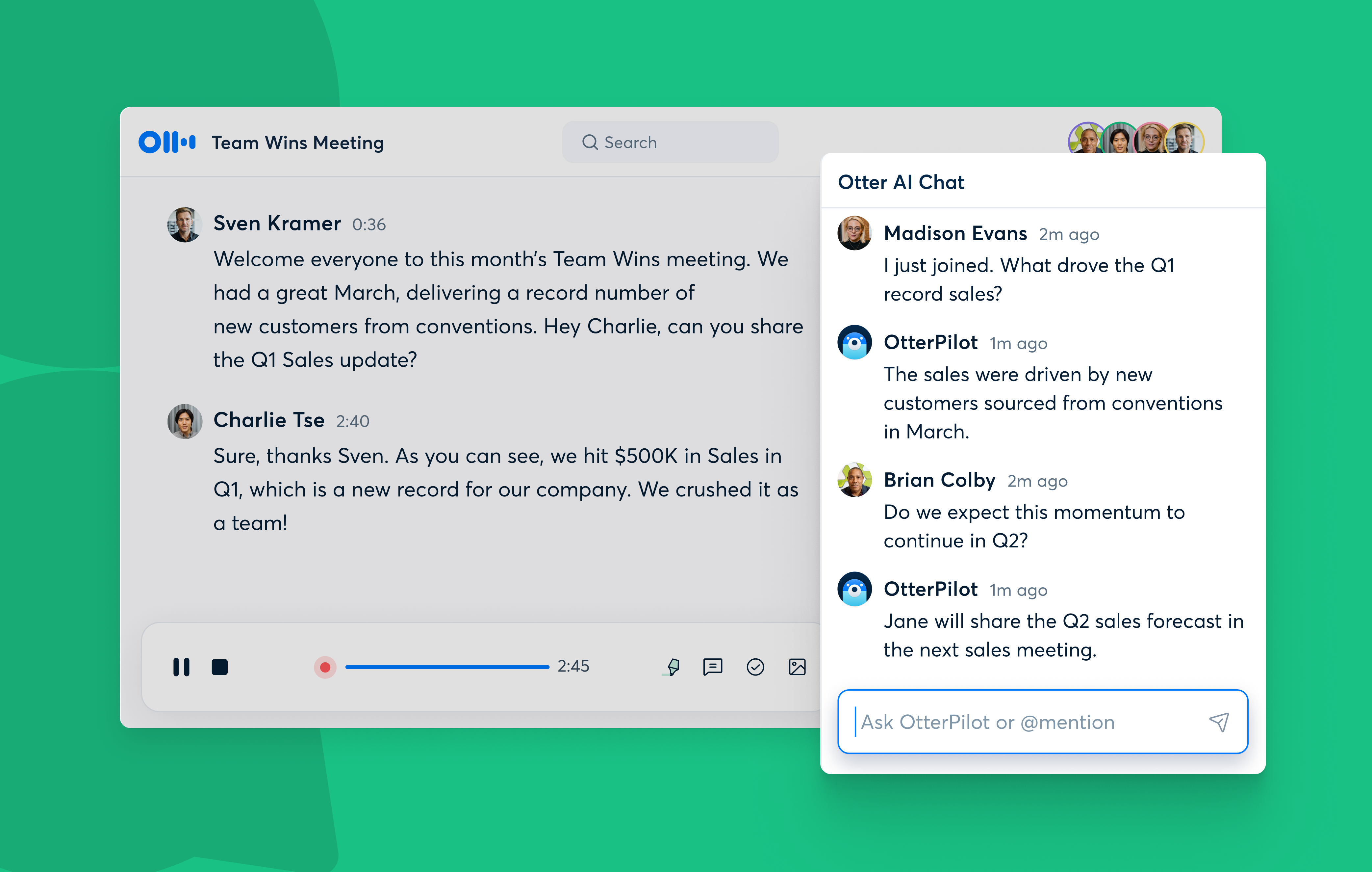Google plays down "Facebook competitor" ambitions
Search giant's UK and Ireland enterprise boss talks up the business benefits of collaboration and social networking.

Sign up today and you will receive a free copy of our Future Focus 2025 report - the leading guidance on AI, cybersecurity and other IT challenges as per 700+ senior executives
You are now subscribed
Your newsletter sign-up was successful
Google claims its social networking ambitions may have been misunderstood by users as an attempt to overthrow market leader Facebook.
The internet search giant took the wraps off its latest foray into social networking, Google+, in June 2011. This led many industry watchers to compare its features to those offered by market stalwart Facebook.
Google+ allows users to group friends into Circles based on their shared interests, swap information with them, and invite them to take part in video calls using the site's Hangout technology.
People always expected us to be building a Facebook competitor, but we haven't.
Thomas Davies, UK and Ireland head of Google Enterprise, said Google+ now has between "300 and 400 million" registered users, of which 100 million are active.
By comparison, Facebook is reported to have around 955 million monthly active users.
Despite this, Davies was keen to stress that Google+ was never designed to be a "Facebook competitor".
Sign up today and you will receive a free copy of our Future Focus 2025 report - the leading guidance on AI, cybersecurity and other IT challenges as per 700+ senior executives
Speaking to IT Pro, Davies said: "I think people always expected us to be building a Facebook competitor, but we haven't done that.
"What we have been doing is [building] a social layer...which is woven into the fabric of the [other] Google products," he explained.
As an example of this, Davies cites the introduction of the comment feature in Google Docs and the ease with which Gmail users can now post Google+ status updates.
"We've been adding social graphing technologies into all our products for the past two years...[because] people are looking to have something, [that is] not just an enterprise destination site," he explained.
The company recently added several new security and privacy features to Google+ to make the platform more appealing to business users, including the introduction of restrictive posts and private Hangouts.
These changes are designed to encourage safe and secure collaboration and communication between employees.
"There are significant advantages to be had from being more transparent and being able to collaborate across teams because you start to open yourself up to becoming more innovative as an organisation," said Davies.
"We'll keep adding [to that collaboration piece] and I think it's going to be a tremendous success for us because the Hangout technology is absolutely killer," he added.
Over time, the burgeoning popularity of enterprise social networking tools could result in email and other more traditional forms of communication being sidelined, said Davies. However, he doubts they will disappear completely.
"Office productivity tools used in a different way are here to stay for some considerable amount of time...[but] what we could see is less siloing of email, instant messaging and social signals and more aggregation of the content types that come in and out of the company," he offered.
-
 AWS CEO Matt Garman isn’t convinced AI spells the end of the software industry
AWS CEO Matt Garman isn’t convinced AI spells the end of the software industryNews Software stocks have taken a beating in recent weeks, but AWS CEO Matt Garman has joined Nvidia's Jensen Huang and Databricks CEO Ali Ghodsi in pouring cold water on the AI-fueled hysteria.
-
 Deepfake business risks are growing
Deepfake business risks are growingIn-depth As the risk of being targeted by deepfakes increases, what should businesses be looking out for?
-
 How to use LinkedIn to market yourself as an IT professional
How to use LinkedIn to market yourself as an IT professionalwhitepaper Whether you’re updating your LinkedIn profile or creating one for the first time, it’s critical to remain consistent and credible if you hope to raise your profile within the IT industry
-
 Big Tech AI alliance has ‘almost zero’ chance of achieving goals, expert says
Big Tech AI alliance has ‘almost zero’ chance of achieving goals, expert saysNews Companies like Microsoft, Google, and OpenAI all have competing objectives and approaches to openness, making true private-sector collaboration a serious challenge
-
 Otter.ai brings collaborative AI to meetings with Otter AI Chat
Otter.ai brings collaborative AI to meetings with Otter AI ChatNews The speech-to-text giant has set its sights on contextual AI
-
 Slack says automation can save every employee a month of work per year
Slack says automation can save every employee a month of work per yearNews Research from Slack found that workers believe generative AI tools will revolutionize productivity
-
 Generative AI has left the metaverse in the dust
Generative AI has left the metaverse in the dustOpinion Generative AI demonstrating tonnes of business use cases only serves to highlight the hopelessness of the metaverse
-
 Meta to pay $725 million in Cambridge Analytica lawsuit settlement
Meta to pay $725 million in Cambridge Analytica lawsuit settlementNews The settlement closes the long-running lawsuit into how Facebook's owner, Meta, handled the Cambridge Analytica scandal
-
 Businesses to receive unique Twitter verification badge in platform overhaul
Businesses to receive unique Twitter verification badge in platform overhaulNews There will be new verification systems for businesses, governments, and individuals - each receiving differently coloured checkmarks
-
 Twitter could charge $20 a month for 'blue tick' verification, following Musk takeover
Twitter could charge $20 a month for 'blue tick' verification, following Musk takeoverNews Developers have allegedly been given just seven days to implement the changes or face being fired